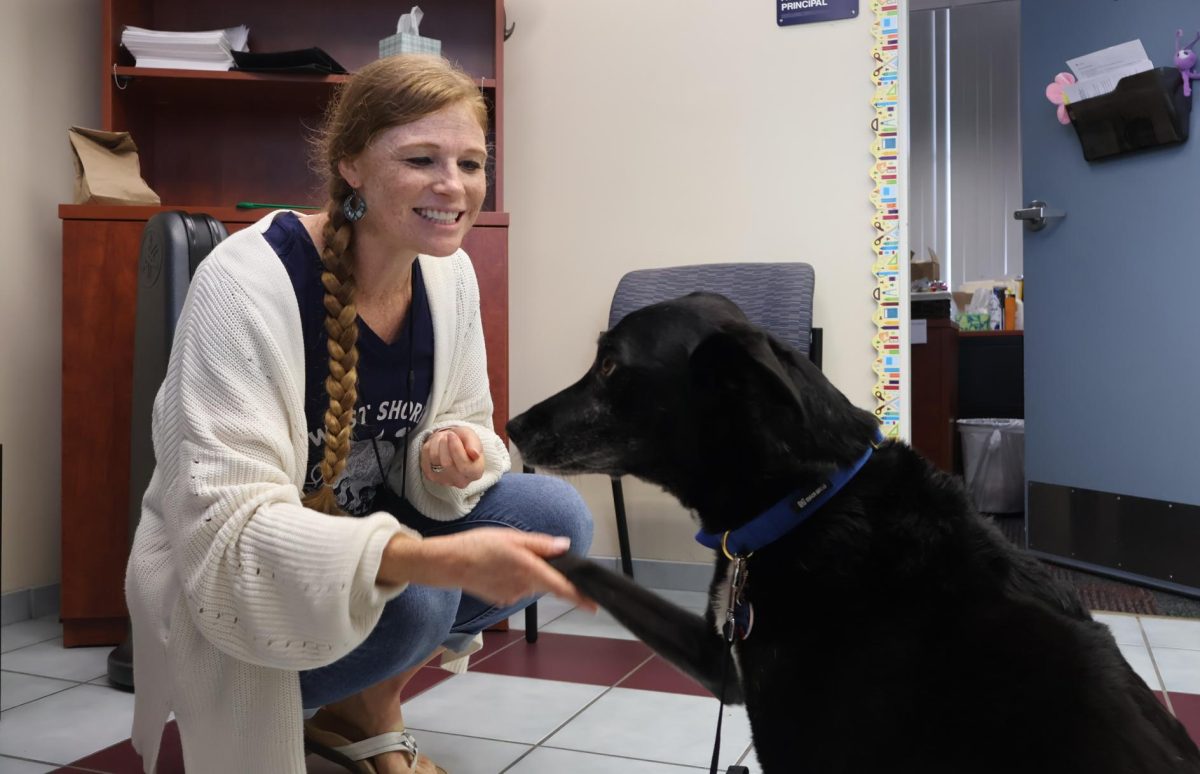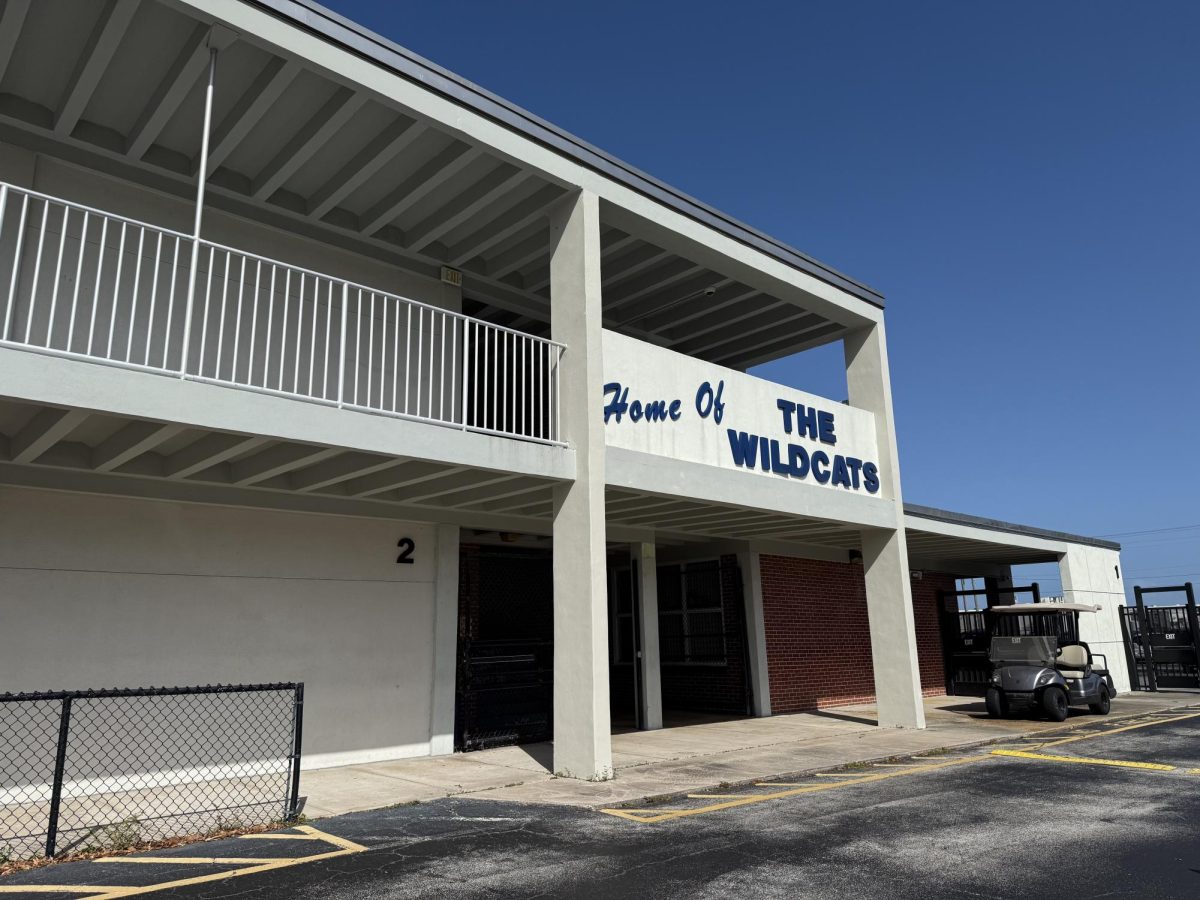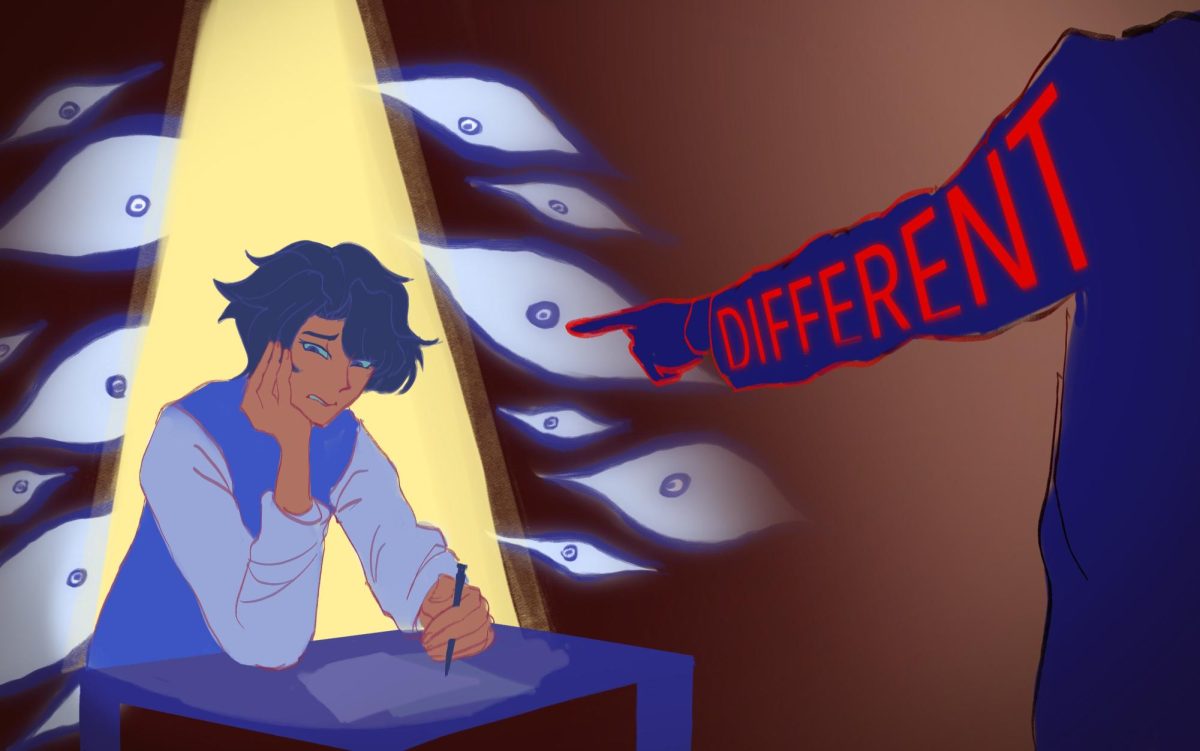As college freshman Isabel Cheng settled into Calculus 1 at the University of Florida, she was surprised to hear most of her peers already took AP [Advanced Placement] Calculus in high school. She wondered if thirteen APs were necessary collegiately while she was behind classmates with obtaining the first B of her lifetime.
Cheng, a valedictorian, and president of the class of 2021, said she had a skewed experience with the school’s AP culture compared to dual enrollment.
“They [West Shore] made it seem like dual enrollment wasn’t an option because they get more money when we take more AP classes,” Cheng said. “They treat it like you’re not going to be ready for college, but some of the smartest kids I know weren’t affected in admissions from taking some dual enrollment. My friend got an AA [Associates of Arts], applied as a transfer, and got into UF.”
Carolyn Horst, part of the school’s guidance department, said the push towards AP comes down to a standardized environment and maturity.
“To be honest, AP is more of West Shore’s program of study versus dual enrollment, mostly because we know that with AP there’s a set curriculum and syllabus that the teachers have to follow,” Horst said. “There’s an AP exam that will compare you against other students who have taken that course and that exam. With dual enrollment, we don’t know the professors, we can’t check on your status during the term. The grades are more subjective, and we tend to see with our experience with the colleges visiting us that they like the AP option over the dual enrollment if both are available. The person in dual enrollment has to be self-motivated and organized to stay on top of their assignments because no one is holding them accountable.”
In Horst’s eyes, the student body’s attitude is reflected through the pressure to excel in AP courses.
“Here, the struggle our students find is that they want to accelerate because everyone is very talented in a variety of ways,” she said. “Have a balance of tough and manageable courses so you have time to do other things that make your college applications look well. Your extracurriculars, your clubs, and your overall happiness are important.”
Senior Olivia Memashe, attending Melbourne High School, takes both AP and dual enrollment. She said AP, dual enrollment, and IB [International Baccalaureate] are encouraged equally by different people.
“It’s probably more even than West Shore here,” Memashe said. “It depends who you’re approached by first. A lot of people usually go dual enrollment to EFSC or the AP path. The majority go AP. IB is the smallest because they are hardcore with standards they have to meet. I heard about Eastern Florida as a freshman or sophomore. [I take AP too] because some classes I can’t find credit for at college are available.”
Cheng recommends a mixture of both dual enrollment and AP classes you want to pursue out of high school.
“Take AP for classes that you’re interested in so you actually learn and it benefits what you major in,” Cheng said. “AP Chem was a great class for me to take because I’m a STEM major. I didn’t actually have to take AP Government at the school, it was unnecessary work. Any class that you have to take that you don’t have to [continue], I would take EFSC [Eastern Florida State College].”
Memashe said she suggests catering course work towards your individual ambitions.
“See what school you want to go to, and see which one they like more,” Memashe said. “Think about if you’re going to enjoy what the material is. In your junior year, focus on what you want to do and know what you’re going to do well in. If you do early dual enrollment and you want to get your AA, you have to take classes centered towards your degree junior and senior year. By then, if you have explored, you should be able to find something.”
According to Cheng, the grass seemed greener on the other side while discussing dual enrollment with other students.
“Most people I know wish they took dual enrollment classes; they could have gotten away with taking easier classes instead of AP,” Cheng said. “It might be different though [than being easier]. Most of them are already halfway through their major, and then they can get right into their major. I am still taking some general education classes. I wish I took calculus dual-enrolled [as opposed to] saving my GPA through AP Statistics.”
Memashe said she likes the structure of dual enrollment because it offers more freedom. However, she said AP classes are more organized for an average teenager.
“You learn a bunch of material for a test [consistently with AP],” Memashe said. “With Eastern, the classes can be easy or hard. I find that with AP, teachers understand that you are a high schooler and they are very willing to help you out. [At EFSC] they’re like, ‘You can figure this out on your own.’ The teachers usually don’t have the time to help you, and they sometimes don’t even answer your emails.”
Although the stress level and rigor of her AP classes were high, Cheng looks back and said she does not regret challenging herself throughout West Shore.
“I probably spend at least a couple hours in the library every day here [UF], so I think it was a good experience for me to do that in high school,” Cheng said. “It was a foundation for me to push myself and form those study habits. The environment wasn’t competitive, but it made me want to do better and work harder. I don’t feel like you should be that stressed about classes, because you have four years or more after you graduate to worry about that kind of stuff.”
Despite Memashe caring about her grades, she said she prioritizes her overall life experience over schoolwork.
“My mental health, my friends, having fun, and finding a personality [are more important],” Memashe said. “If I don’t have to do as much work or put as much effort, and I still come out with the bare knowledge that I need, I’m not going to choose the harder path. Some people think it’s [dual enrollment] easier than AP, and in some aspects, I definitely agree with that. I don’t get consumed if I don’t do well on an exam. I try my best, if it doesn’t work out, then it doesn’t. I am personally okay with where I am in the middle.”
Horst said she agrees that kids should not take any classes in excess- whether that be AP or dual enrollment.
“I would say there’s a misconception that students should be loading up on every single AP offered,” Horst said. “It is a big compliment to be recommended by your teacher to take all APs the next year, but students should [be] trying to make it to where you’re strategically picking your areas of acceleration.”
Cheng said the knowledge gained from relevant APs was invaluable, even though some of her credits did not get accepted.
“One of the classes I had to take over again was chemistry, I got a three on the AP exam,” Cheng said. “Some people went straight into general chemistry, but my advisor recommended that I retake Introduction to Chemistry. Ms. Gregor prepared us really well for chemistry, so it is one of my easier classes.”
One of the reasons Memashe said she is dual enrolling is to save money and time.
“I get right into the workforce, I make money, then I go into whatever career I want to do,” Memashe said. “I am getting my AA degree when I graduate.”
AP paid off for Cheng not only in her work ethic but monetarily, she said.
“The credits transferred better than I was expecting,” she said. “They took about 59 credits from West Shore, which makes me around halfway done before I even start my undergraduate degree.”
Besides the differences in the two programs’ natures, some students question the influence of payment on the school’s AP persuasion.
“That’s something that I think the district put in place several years ago, it’s not something a specific school decided to do,” Horst said. “It’s like a bonus that the teacher can earn for every student that passes their AP exam. It can help incentivize AP teachers during a teacher shortage, and it might motivate teachers to help their students and not go into other fields even if they have the credentials. They will be in the classroom doing high-quality instruction.”


![Sophomore Isabelle Gaudry walks through the metal detector, monitored by School Resource Officer Valerie Butler, on Aug. 13. “I think [the students have] been adjusting really well," Butler said. "We've had no issues, no snafus. Everything's been running smoothly, and we've been getting kids to class on time.”](https://westshoreroar.com/wp-content/uploads/2025/08/IMG_9979-1200x800.jpg)






































